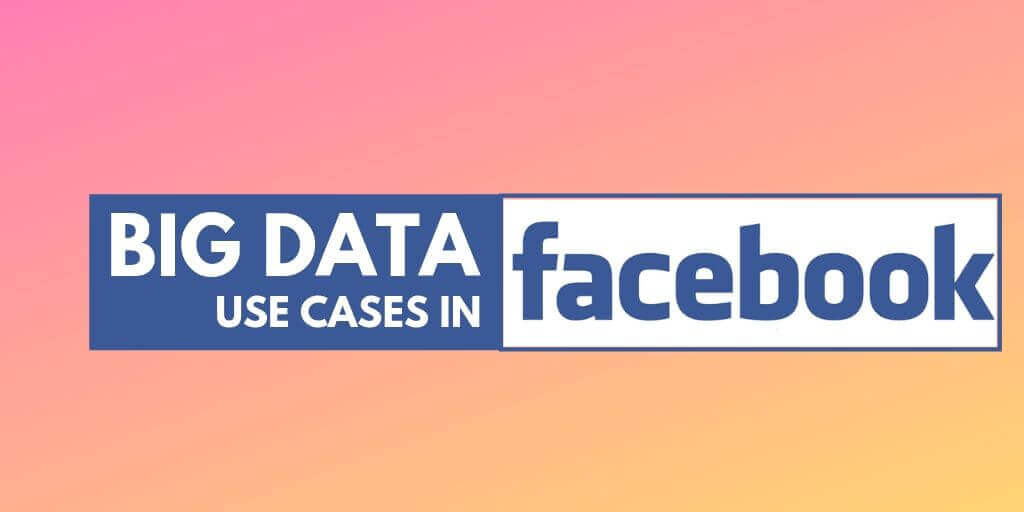According to the current situation, we can strongly say that it is impossible to see a person without using social media. Because the world is getting drastic exponential growth digitally around every corner of the world. According to a report, from 2017 to 2019 the total number of social media users has been increased from 2.46 to 2.77 billion.
People are using Facebook, Instagram, WhatsApp, and other social/Messaging medium while doing their daily routines. So, this caused the average time spent on social media by an individual has been increased to 2 hours 22 minutes.
Reference: How much time do you spend on social media?
This drastic growth of social media is directly impacting data generation. Yes, Whatever we do on social media including a like, shares, retweets, comments, and everything has been stored as a record, which has been generated data.
Some Interesting Statics Of Social Media
An article from Excellacom in 2016 what happens on the internet at one minute? Let me give some bits from that :
In one minute:
- 700,000 logins on Facebook
- Around 530,000 photos are shared on snap chat
- Around 350000 tweets are tweeted on Twitter
- 30,000 photos are shared on Instagram
- 21 million messages on WhatsApp
In 2012, Facebook revealed that it is generating around 500+ terabytes of data every day. In which 2.7 billion were likes and around 300 million photos per day. Another exciting thing is Facebook is scanning around 105 terabytes of data per each half hour.
Reference: How Big Is Facebook’s Data?
Facebook has recently launched SIX Data centers around the globe to handle its immutable data efficiently.
Excited ?!
For a user, all this information is just statistics, but for a business like Facebook, these are all very big challenges. Because this data is not gonna dry, but sure it will increase rapidly. If they refused to handle all this data, sure their business would die of data overflow.
So what kind of strategy that businesses like Facebook have decided to handle all this data?
To handle all this data, Organizations like Facebook have adopted BIG DATA technology. Here we gonna discuss how Facebook is using big data analytics. Why they are using big data analytics? Let’s discuss more
How Big Data is Used on Facebook?
The main business strategy of Facebook is to understand who their users are, by understanding their user’s behaviors, interests, and geographic locations, Facebook shows customized ads on their user’s timelines. How it is possible?
There are around a billion levels of unstructured data has been generated every day, which contains images, text, video, and everything. With the help of Deep Learning Methodology ( AI), Facebook brings structure to unstructured data.
A deep learning analysis tool can learn to recognize the images which contain pizza, without actually telling what a pizza would look like? This can be done by analyzing the context of the large images that contain pizza. By recognizing the similar images the deep learning tool will segregate the images that contain pizza. This is how data Facebook is bringing a structure to the unstructured data.
In Deep Learning There are several use cases
Textual Analysis
Facebook uses DeepText to analyze the text data and extract the exact meaning from the contextual analysis. This is semi-unsupervised learning, this tool won’t need a dictionary and doesn’t want to explain the meaning of every word. Instead, it focused on how words are used.
Facial Recognition
The Tool used for this is DL Application, which is DeepFace which will learn itself by recognizing people’s faces in photos. That’s why we’re getting the name of the friends while tagging them in a post. This is an advanced image recognition tool because it will recognize a person who is in two different photos is the same or not.
Target Advertisements
Facebook uses deep neural networks to decide how to target audience while advertising ads. This Artificial intelligence can learn itself to find as much as can about the audience and cluster them to serve them ads in the most insightful way. Because of this serving highly targeted advertising, Facebook has become the toughest competitor for the ever-known search engine Google.
Likewise, Behind the Facebook business model, there are a lot of interesting data handling methodologies are there, and there are a lot of controversial things behind Facebook’s business flow. But, we don’t want to focus on those things.

